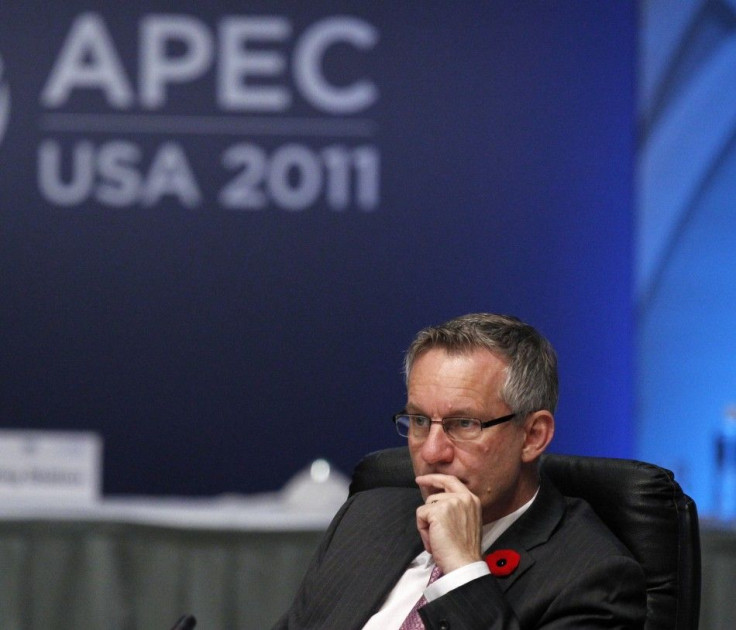WTO ruling on U.S. meat law to benefit Canada: source

WINNIPEG, Manitoba (Reuters) - Canada can expect significant positive news on Friday from a World Trade Organization ruling about a U.S. meat labeling law, Canadian government sources said on Thursday.
The law currently requires U.S. packers to label meat with the name of country it is from, raising their costs and discouraging imports of cattle and hogs.
Canada's agriculture and trade ministers will hold a news conference on Friday at an Alberta ranch. A government advisory said they will announce significant positive news for livestock producers.
A senior government source said the announcement will be the WTO's final ruling on the labeling law. A spokeswoman for the U.S. Trade Representative's office was not immediately available for comment.
The country of origin labeling law, also called COOL, came into effect in 2008, prompting a sharp drop in U.S. cattle and hog imports from Canada.
Ottawa challenged the law as being noncompliant with WTO rules in several ways. It's unclear whether Canada, later joined by Mexico, has won its case on all fronts.
We have not seen the ruling, but it wouldn't surprise us at all (that Canada won), said J.Patrick Boyle, president of the American Meat Institute. We've argued for years in statements, letters and comments that this law was not just costly and cumbersome, but a violation of our country's WTO obligations.
Any favorable ruling would still not immediately swing open the U.S. border to greater cattle and hog shipments.
It still doesn't get us out of the woods, said Jurgen Preugschas, an Alberta hog farmer and president of the Canadian Pork Council.
Washington could appeal the ruling rather than comply, he said, which suggests bilateral talks among the countries may still be necessary.
The labeling law added to severe stress on the Canadian hog market, which has also faced high feed costs and pressure on export sales due to a strong Canadian dollar.
As a result, Ottawa offered farmers incentives in 2009 to shut their barns to reduce the size of the country's hog inventory and stabilize the industry.
(Reporting by Rod Nickel, additional reporting by Charles Abbott in Washington; editing by Rob Wilson and Peter Galloway)
© Copyright Thomson Reuters {{Year}}. All rights reserved.





















